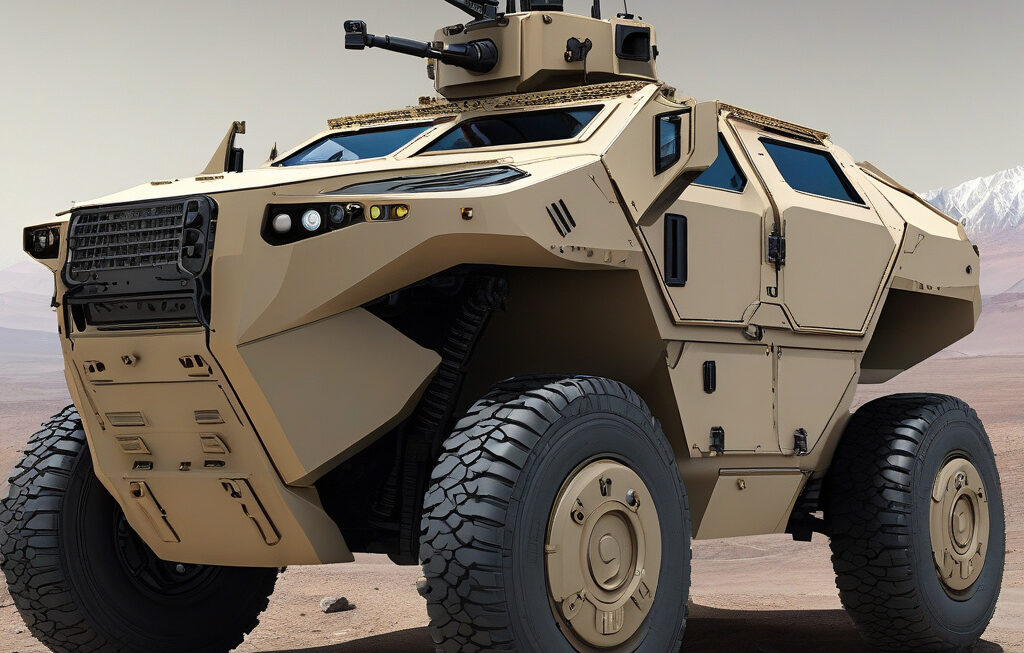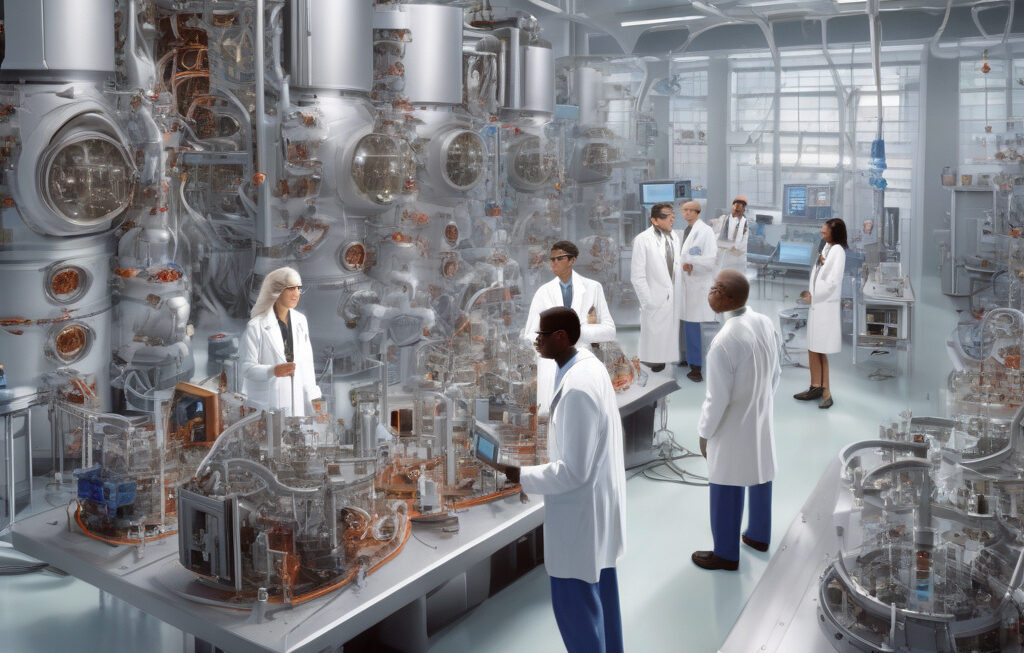AI Could Be Geneva’s Lifeline in Times of Crisis
In the ever-changing landscape of global challenges, one thing is certain: the power of Artificial Intelligence (AI) cannot be underestimated. As the world wrestles with the disruptive force of AI, Geneva, known for its long-standing humanitarian efforts and international influence, stands uniquely poised to leverage this technology as a lifeline in times of crisis.
Geneva, often dubbed the humanitarian capital of the world, has a rich history of fostering collaboration and innovation to address global issues. With the rise of AI, the city now has the opportunity to further solidify its position as a hub for positive change. By embracing AI technologies, Geneva can not only enhance its humanitarian efforts but also establish itself as a leader in utilizing AI for the greater good.
One area where AI holds immense potential for Geneva is in crisis response and management. During natural disasters, conflicts, or pandemics, every second counts. AI-powered systems can analyze vast amounts of data in real-time, enabling authorities to make informed decisions quickly and effectively. For a city like Geneva, which is home to numerous international organizations and plays a pivotal role in global governance, the ability to respond swiftly to crises is paramount.
Moreover, AI can revolutionize the way humanitarian aid is delivered. By using predictive analytics, organizations based in Geneva can anticipate and mitigate the impact of crises before they escalate. For example, AI algorithms can analyze weather patterns to predict natural disasters, allowing for proactive measures to be taken. Additionally, AI-powered drones can deliver aid to remote or inaccessible areas, reaching those in need faster than ever before.
Furthermore, AI can enhance the effectiveness of peacekeeping efforts, another area where Geneva has a strong presence. By analyzing vast amounts of data from conflict zones, AI systems can identify early warning signs of violence, monitor compliance with peace agreements, and even facilitate negotiations. This not only improves the safety of peacekeepers but also contributes to lasting peace and stability in conflict-affected regions.
In addition to its humanitarian endeavors, Geneva can harness the power of AI to strengthen its position as a global leader in diplomacy and international cooperation. AI-powered language translation tools, for instance, can facilitate communication and understanding among diplomats and delegates from around the world. Virtual reality simulations powered by AI can also be used to conduct high-stakes negotiations or simulate complex scenarios, enhancing decision-making processes.
As Geneva embarks on this journey to integrate AI into its humanitarian and diplomatic efforts, it is crucial to address potential challenges such as data privacy, transparency, and accountability. By establishing clear guidelines and ethical frameworks for the use of AI, Geneva can ensure that this technology is employed responsibly and in alignment with its values of human rights and dignity.
In conclusion, the disruptive power of AI presents both challenges and opportunities for cities around the world. For Geneva, however, this technological revolution is not just about adaptation – it is about transformation. By harnessing the potential of AI to enhance its humanitarian legacy and international influence, Geneva can truly become a beacon of hope and innovation in times of crisis.
#AI, #Geneva, #ArtificialIntelligence, #CrisisResponse, #HumanitarianLegacy












